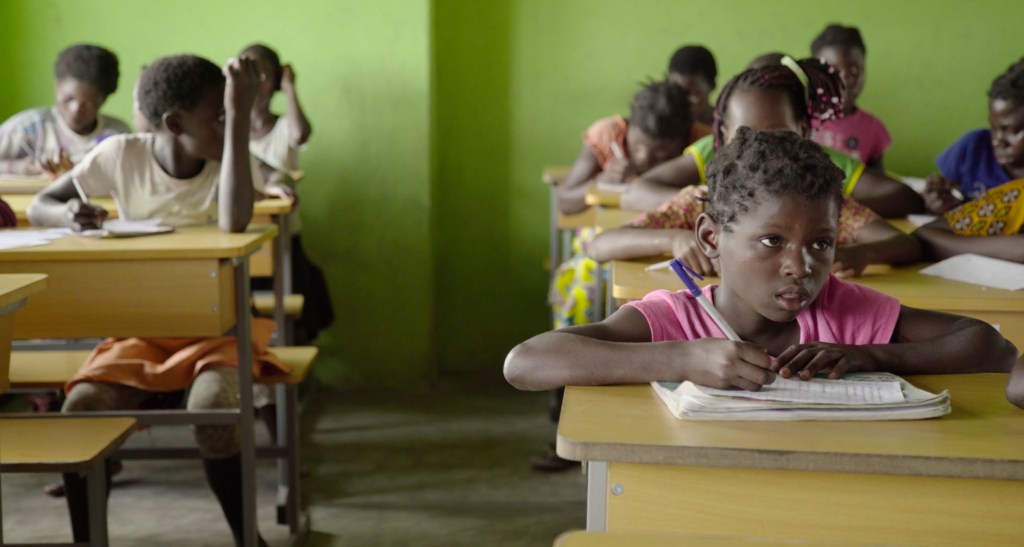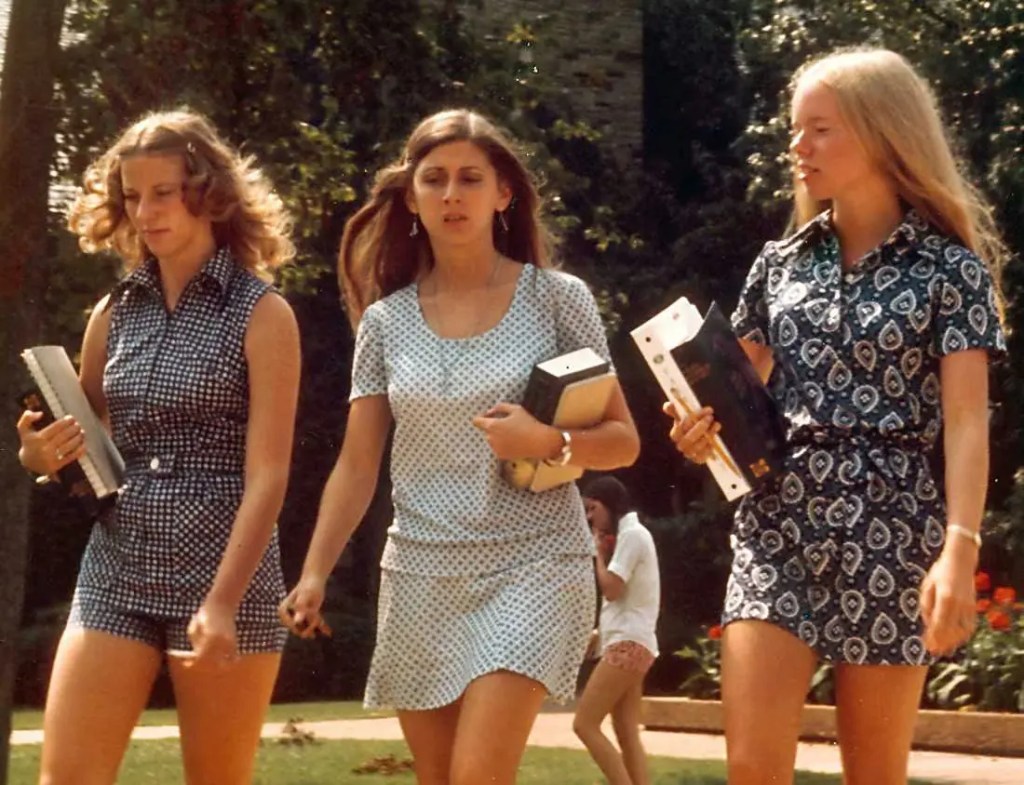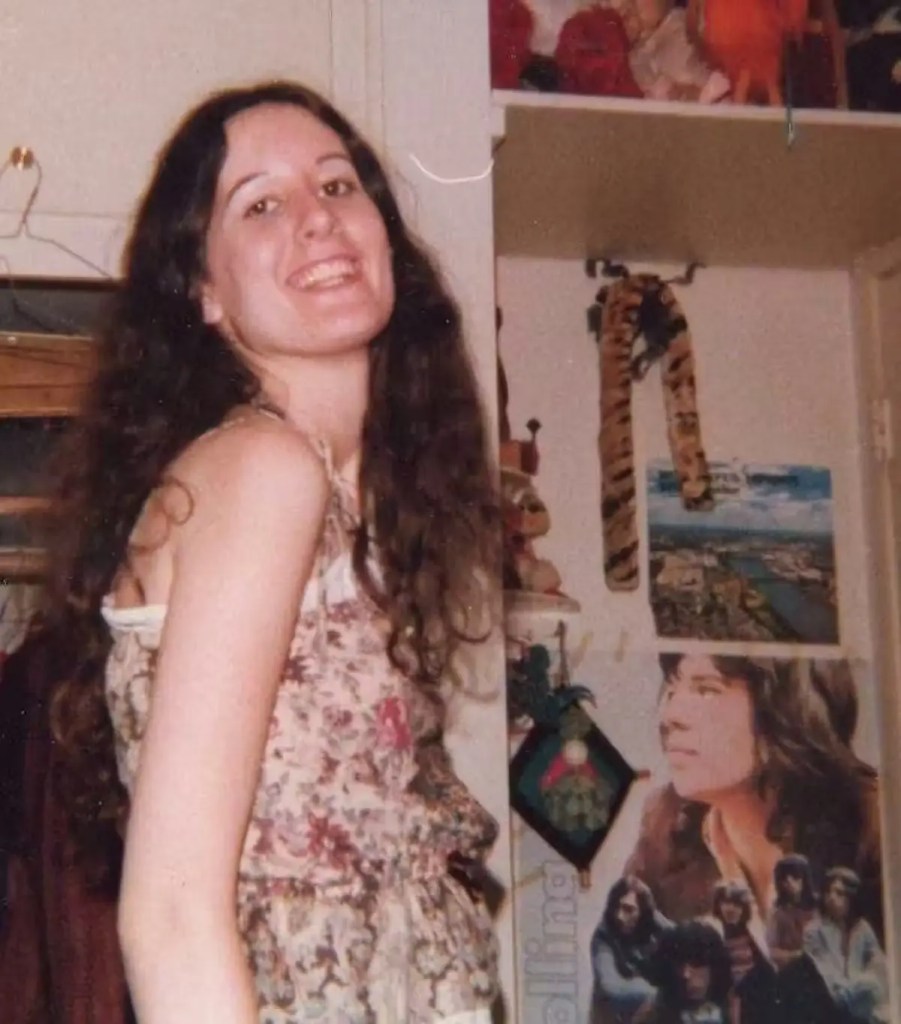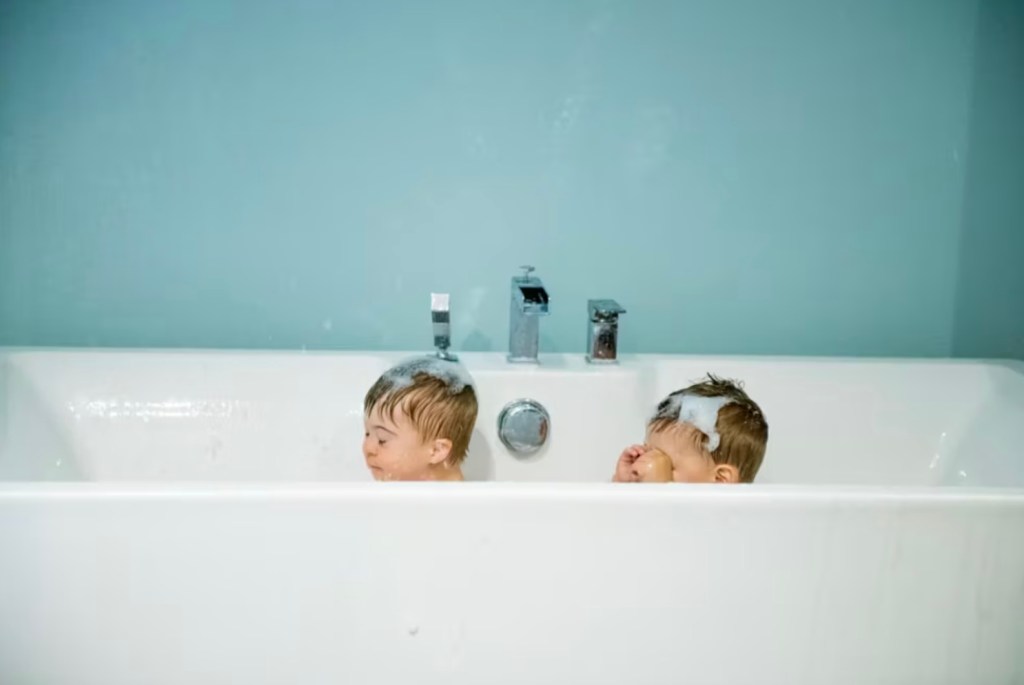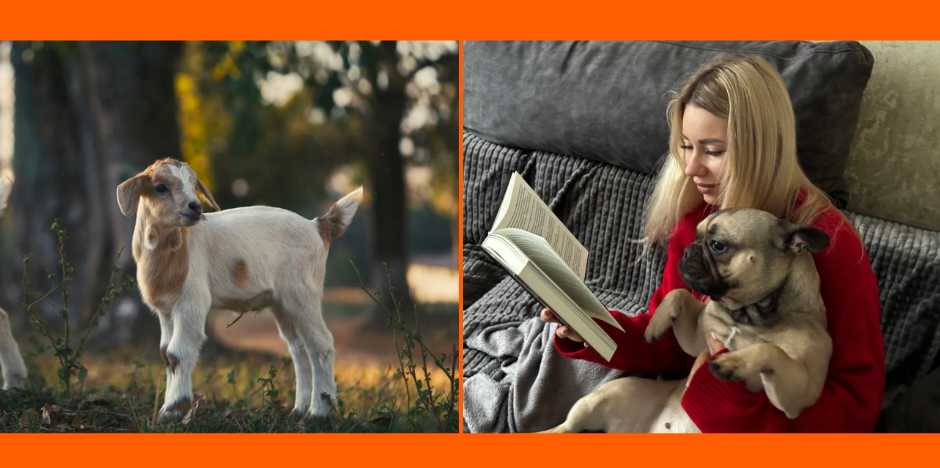When it comes to education, females are still at a disadvantage compared to their male counterparts. Sixteen million girls around the world will never set foot in a classroom, and women account for two-thirds of the 750 million adults without basic literacy skills, according to UNESCO.
This gender inequality is also a major cause and effect of poverty and hunger, with women and girls making up an estimated 60% of chronically hungry people, statistics from U.N. Women reveal.
Girls’ education is a crucial component of decreasing the gender gap; every additional year of primary school a girl attends will increase her eventual wages by 10 to 20% and encourage her to marry later and have fewer children, leaving her less vulnerable to violence and poverty.
While there are many ways in which we can contribute to the efforts of those working to ensure girls get the education they deserve, one company has made it as simple as buying a bag of coffee.
In 2015, the Gorongosa Project partnered with green bean coffee experts and local farmers to plant coffee on Mount Gorongosa in Gorongosa National Park, Mozambique. The shade-grown coffee is planted alongside native tree saplings to restore the depleted rainforest and provide farmers with a sustainable source of income.

From this, Gorongosa Coffee was born. The company, founded by Gorongosa National Park, directly supports the activities of the Gorongosa Project, with every purchase of its products aiding human development and conservation activities in the area.
The beans are harvested by small-scale producers in Mozambique and then roasted into three different blends by partners around the world. Each blend serves a specific impact area, including wildlife conservation, rainforest reforestation, and girls’ education.
One hundred percent of the profits from the Girls Run the World blend help to build 100 schools, give 20,000 girls access to after-school programs, and provide 500 high school scholarships. Even the purchase of just one bag equals one day in school for a girl.
“Our main aim is to keep girls in school, because for many reasons, as soon as girls are old enough…12 or 13, they normally are sent to get married,” Larissa Sousa, the girls education program manager at Gorongosa National Park, said.
One way the park does this is through its Girls’ Club, a program that works to prevent premature marriages and keep girls in school so they have access to more resources and can become self-reliant.
“We want to work with the most vulnerable…in the community to give opportunity to these children. So what we want is to try to have this generation of women who have the opportunity to continue education, who can grow and be what they want to be, who have better opportunities than the previous generation had,” Sousa said.

Sousa explains the program works to inform both the girls and their parents of the importance of getting an education and how that will have a big impact on their future.
“What we are doing is for these girls to try to create safe spaces, open doors to the opportunities that they can have, and also create that sense of thinking about the future that what you do today will have an action, a reaction in the future, that everything we do has a consequence,” she said.
The results of the work Sousa and Girls’ Club are doing is already evident.
“We’ve known the girls for some time now, so now we can see that they are already more confident. They want to know more about the world,” Sousa said.
“In the beginning, you would greet the girls and they would run away. They’re open now to opportunities. They want to know more of life…they’re curious. It’s very interesting how some of the girls already come and say, oh I want to be a doctor, I want to be this, because now they see this is possible so that’s what makes us work harder every day,” she said.
Anora Manuel, 13, is one such example. Manuel participates in Girls’ Club after school and says she wants to be a ranger when she grows up.
“I live with my father and grandfather. I don’t have a mother. I’m a child and I want to study. I don’t want to get married,” Manuel said.
To help Girls’ Club continue this important work, all you have to do is swap your current coffee for Gorongosa Coffee’s Girls Run the World blend and know that with every sip, you’re helping close the gender gap and giving a girl the opportunity to dream bigger for her life.
Put simply, “educating a woman is educating a society,” according to Sousa.

